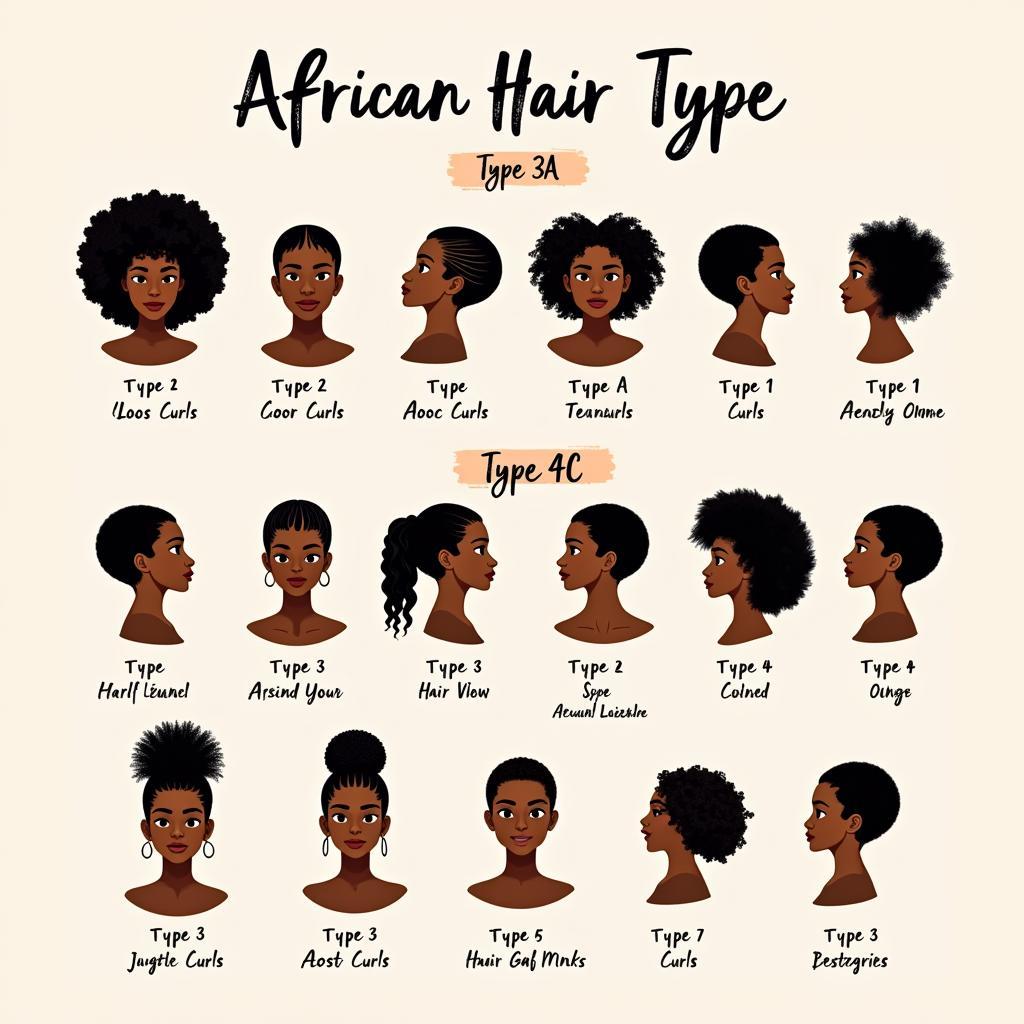Adoption in African Countries: A Complex and Evolving Landscape
Adoption In African Countries is a multifaceted issue, deeply intertwined with cultural norms, societal structures, and legal frameworks. While offering loving homes to children in need is a universal desire, the processes and practices surrounding adoption vary significantly across the continent. This article explores the intricacies of adoption within African nations, shedding light on the challenges, opportunities, and evolving perspectives on this sensitive topic.
The landscape of adoption in African countries is far from uniform. Some nations have established legal frameworks and processes for both domestic and international adoptions, while others rely primarily on informal kinship care arrangements. These informal systems, deeply rooted in traditional African values of community and extended family support, often prioritize placing children within their extended family or community before considering formal adoption. This reflects a strong cultural emphasis on maintaining familial and community connections. For those looking to understand African countries that allow adoption, further research into specific national laws is essential. Want to learn more about stable infrastructure? Check out this article on African countries with stable electricity.
Navigating the Legal Landscape of Adoption in Africa
The legal frameworks governing adoption in African countries are as diverse as the continent itself. Some countries have ratified international conventions on child rights and intercountry adoption, such as the Hague Adoption Convention, while others operate under national legislation or customary law. These differences can create complexities, especially for prospective adoptive parents from outside the continent. Understanding these legal nuances is crucial for ethical and legal adoptions. One common theme is the prioritization of domestic adoption, aiming to keep children within their cultural and linguistic context.
In many African countries, traditional customs and practices play a significant role in adoption processes. These customs often emphasize the importance of community consensus and the involvement of extended family members in decision-making. For instance, in some communities, elders may play a crucial role in determining the suitability of prospective adoptive parents. This focus on community involvement highlights the collective responsibility for child welfare within African societies.
Challenges and Opportunities in African Adoption
Adoption in African countries faces several challenges, including poverty, lack of awareness about legal adoption processes, and the prevalence of informal kinship care arrangements. These challenges can sometimes lead to vulnerabilities and exploitation, emphasizing the need for robust child protection mechanisms and ethical adoption practices. However, alongside these challenges come opportunities to strengthen child protection systems, raise awareness about legal adoption, and support families caring for children. Learn more about supporting initiatives by reading this article on African industries.
The rise of international adoptions has also presented both opportunities and challenges for African countries. While international adoption can provide loving homes for children in need, it has also raised concerns about ethical practices, transparency, and the potential for child trafficking. This has led to increased scrutiny and calls for greater regulation and oversight in international adoption processes.
The Future of Adoption in African Countries
The future of adoption in African countries hinges on strengthening child protection systems, promoting ethical adoption practices, and respecting cultural values. This involves raising awareness about legal adoption processes, empowering communities to protect vulnerable children, and ensuring that all adoptions are conducted in the best interests of the child. Greater collaboration between governments, NGOs, and community organizations is essential to create a more supportive and protective environment for children in need of families.
“The well-being of the child should be the paramount consideration in all adoption matters,” emphasizes Dr. Abimbola Adebayo, a renowned child welfare advocate based in Nigeria. “We must work together to ensure that all children have the opportunity to grow up in a safe, loving, and nurturing environment.”
Conclusion
Adoption in African countries is a complex and evolving issue. By acknowledging the challenges, embracing the opportunities, and prioritizing the best interests of the child, African nations can create a more hopeful future for children in need of loving homes. Understanding the cultural and legal complexities surrounding adoption in Africa is paramount. Further research and engagement with local communities and organizations are essential for navigating this landscape effectively. Remember, adoption in African countries requires sensitivity, respect, and a deep commitment to ethical practices.
FAQ
- What are the common types of adoption in African countries?
- How does kinship care differ from formal adoption in Africa?
- What are the requirements for international adoption from an African country?
- What challenges do adoptive families in Africa typically face?
- What resources are available to support adoptive families in Africa?
- Are there specific cultural considerations for adoption in African countries?
- How can I learn more about the adoption process in a particular African country?
Common Adoption Scenarios
- Child abandoned by parents: Often due to poverty or societal pressures.
- Orphaned children: Loss of parents due to illness, accidents, or conflict.
- Children relinquished by parents: Parents unable to provide adequate care.
Further Questions to Explore
- How do different African countries address the issue of child abandonment?
- What are the long-term effects of informal kinship care arrangements?
- What role do international organizations play in supporting adoption in Africa?
- How can we promote greater awareness about ethical adoption practices?
You might also find helpful information about African kids and the Oreo campaign in this article: African Kids Oreo.
Need More Information?
For more information regarding adoption in Africa, please contact us:
Phone Number: +255768904061
Email: [email protected]
Address: Mbarali DC Mawindi, Kangaga, Tanzania
We have a 24/7 customer support team ready to assist you.



